PC gamers aren’t holding back their displeasure with CAPCOM’s implementation of an anti-modding software after claims of performance issues have begun flooding in.
CAPCOM’s history with the PC modding community has been shaky for quite some time now, but things reached a bit of a boiling point on Jan. 11 after players noticed a quiet update that added a DRM software to Resident Evil Revelations—a single-player game that is more than 10 years old. According to players, the addition of the software, which serves the primary purpose of preventing mods from being implemented, is causing stutters of 15-20 FPS. As a result, Steam users are calling for a review bomb on the game until CAPCOM removes the software. It seems to be working, as at the time of writing, Resident Evil Revelations has a Mostly Negative rating on recent Steam reviews.
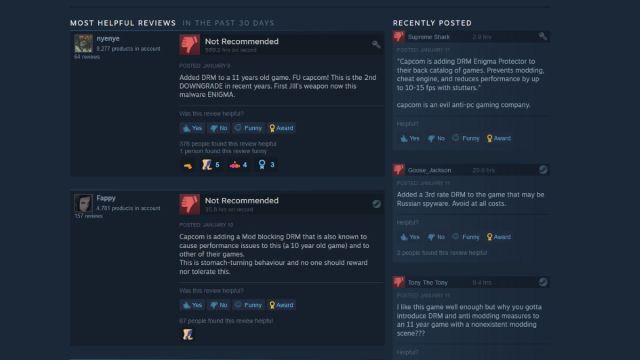
While preventing mods from being used on a single player game alone is just cause for annoyance, the question of whether or not claims of the software’s negative impact on performance can be substantiated is still extremely relevant. The short answer is that while it varies from case to case based upon implementation, DRM software such as “The Enigma Protector” (the one that CAPCOM added to RE Revelations) has indeed been shown to impact performance. DRM stands for “digital rights management,” and the entire purpose of such software is to prevent cheating and modification of copywritten material. The controversial Denuvo is another example of DRM software that has been proven to hurt performance.
The fact that some DRMs can negatively impact performance doesn’t necessarily mean that they all do, however, and the Denuvo controversy doesn’t automatically mean that The Enigma Protector is similarly problematic. The flip side of that coin, of course, is that while the claims of performance issues resulting from this DRM cannot be proven at this time, the claims are entirely within the realm of possibilities. Whatever the case may be, the fact of the matter stands that there simply isn’t any good reason to implement an anti-modding DRM on a game that doesn’t even offer multiplayer, and that is especially true when that game is over a decade old.
Factor in how a public CAPCOM conference in October of 2023 said that modding isn’t being viewed differently from cheating, and it seems abundantly clear that the developer isn’t doing this in an attempt to keep games fair, but rather in an outright attack against the modding community. The same conference states a belief that mods can be harmful to image of a product and can lead to bad publicity.
On a totally unrelated note, here are 10 of our favorite mods for Monster Hunter: World, a popular CAPCOM game.


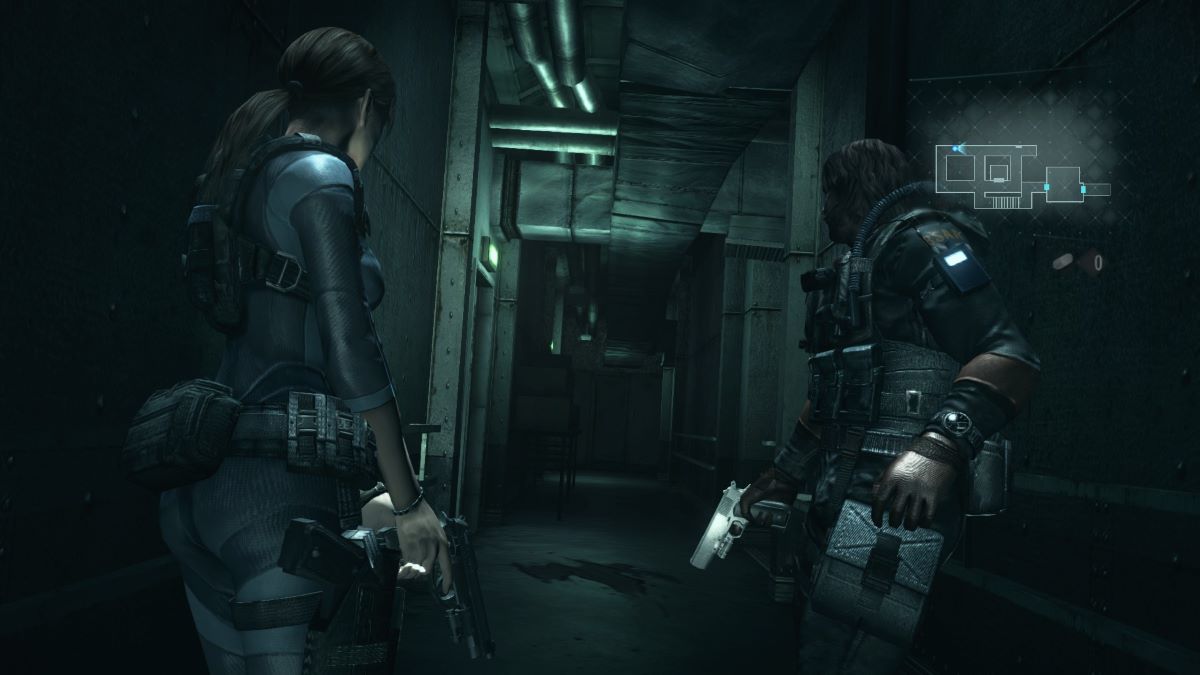
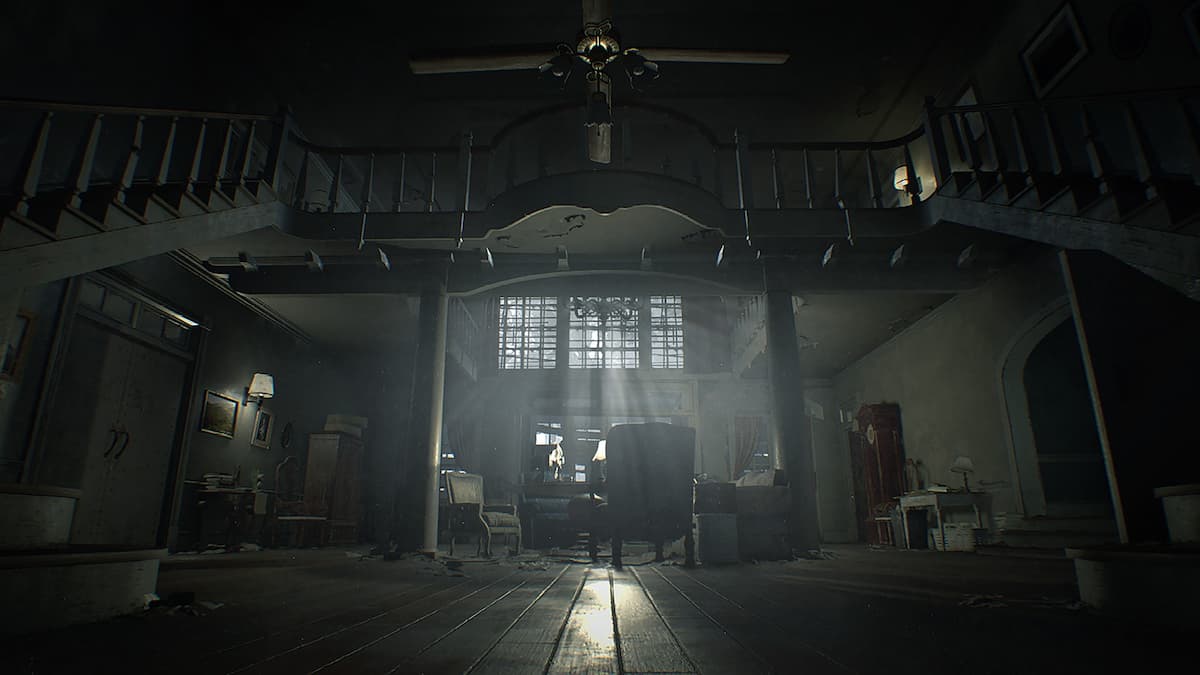
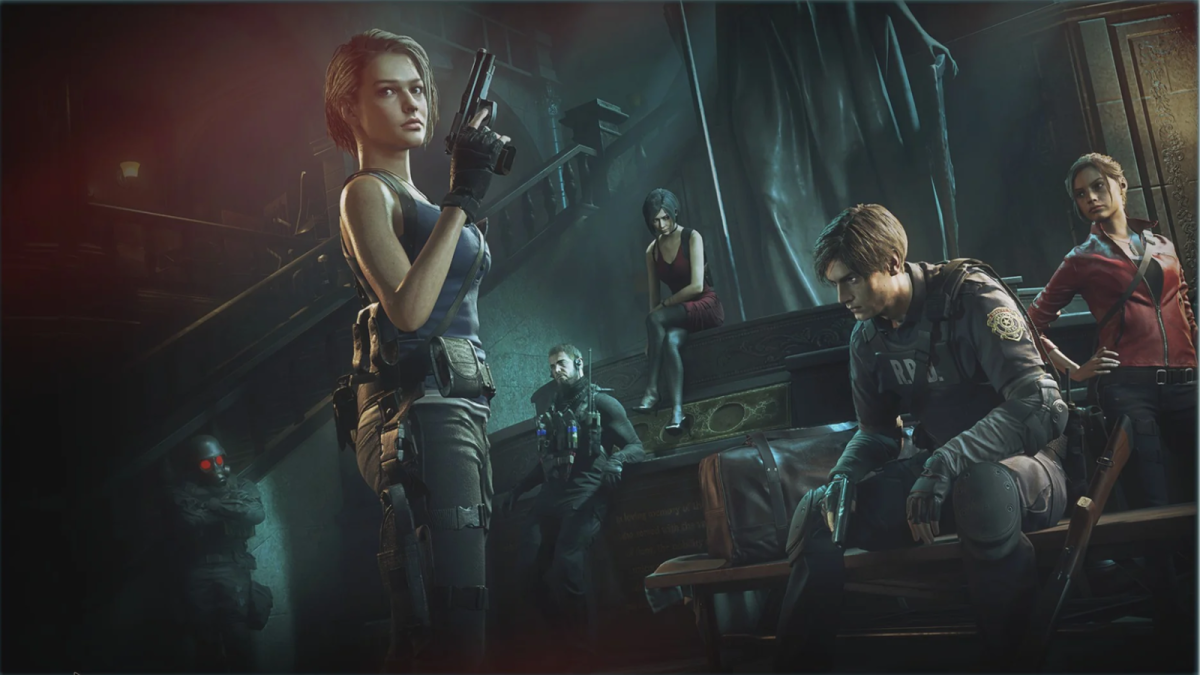

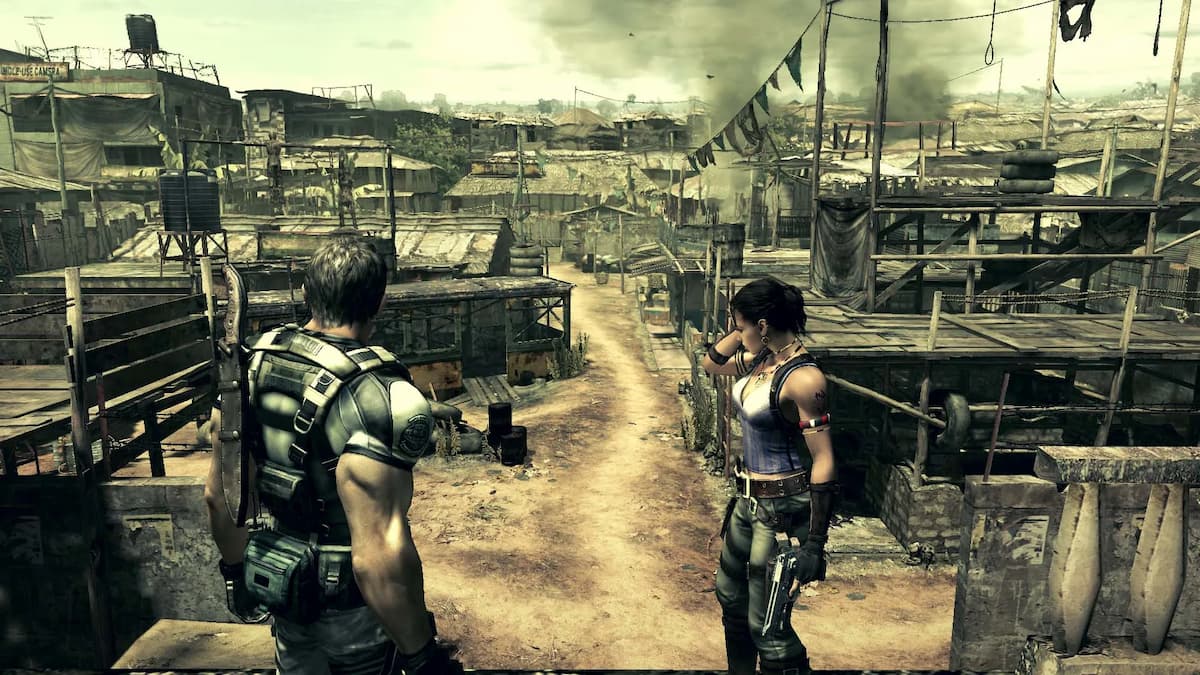
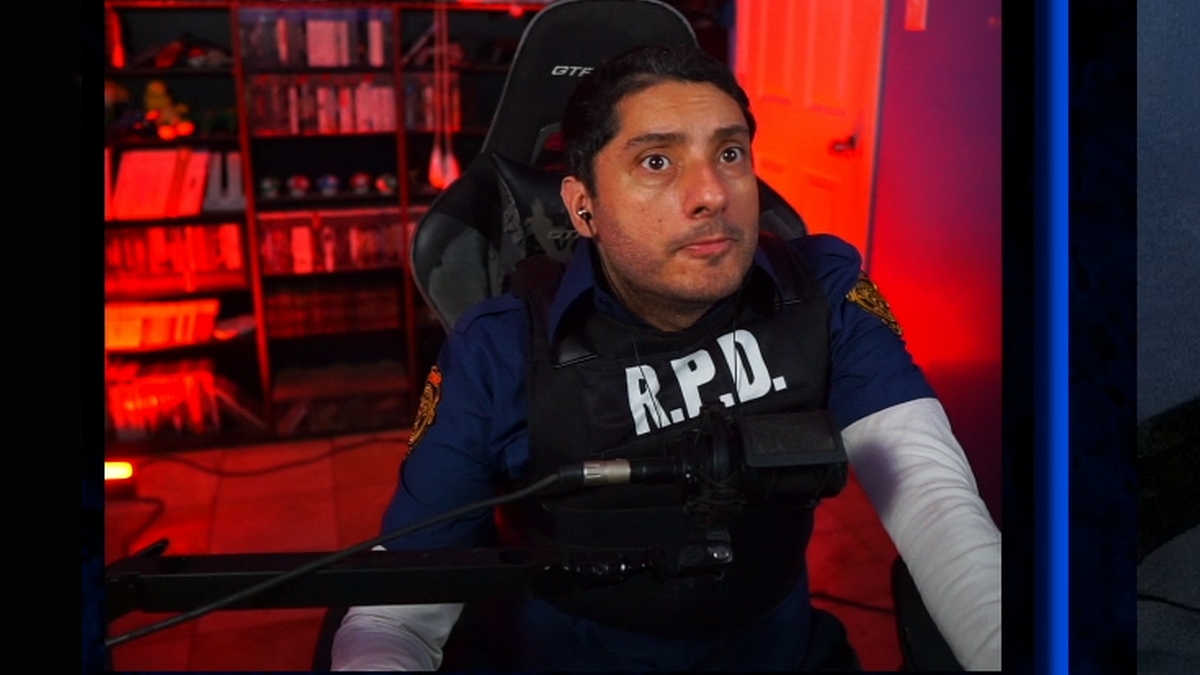

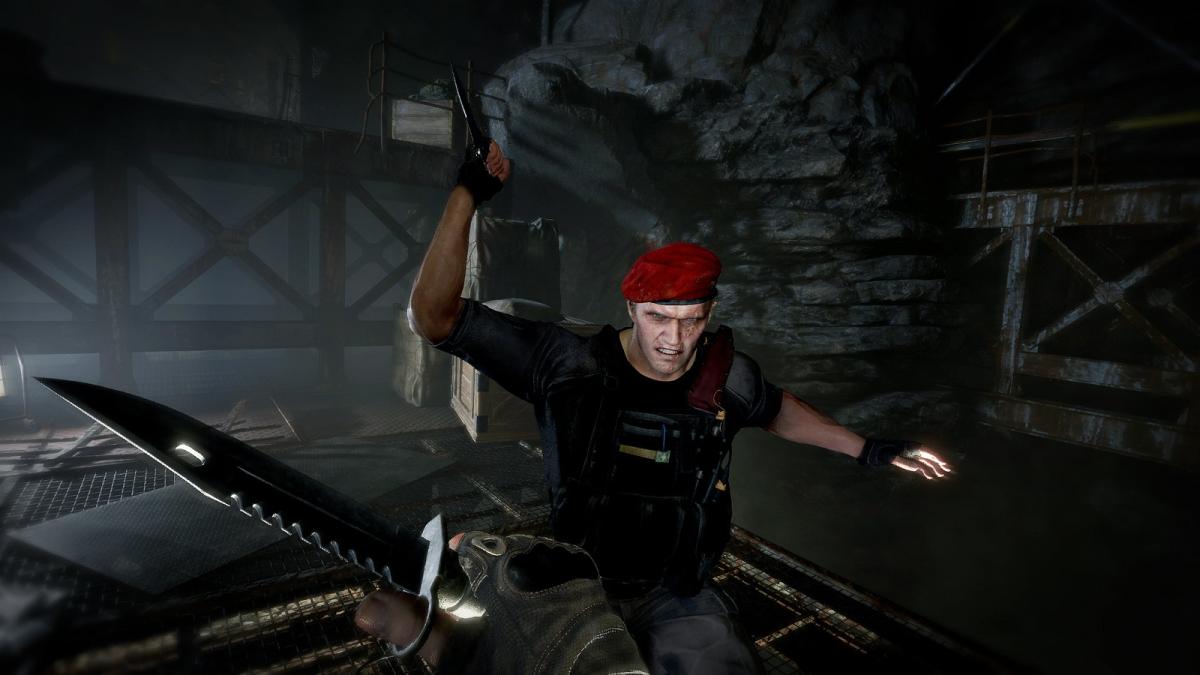



Published: Jan 11, 2024 09:15 pm